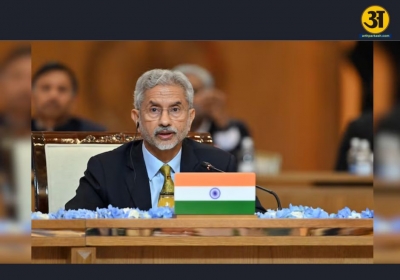
TRAI proposes 2-page Telecom Service Authorisation
TRAI recommends simplified 2-page service suthorisation for Telecom Service Providers
The Telecom Regulatory Authority of India (TRAI) has proposed that service authorisations for providing telecom services should be in the form of simple rules, rather than complex agreements. Under the new Telecommunications Act, TRAI recommends issuing a two-page service authorisation to companies seeking to offer telecom services. This will replace lengthy agreements, with the detailed terms and conditions outlined in rules.
Additionally, TRAI has suggested lowering the entry fees for authorisations, making it easier for companies to enter the telecom market.
Three categories of authorisations
TRAI has identified three main types of service authorisations:
1. Main service authorisations for core telecom services like access services, internet, long distance, satellite-based telecom, and machine-to-machine (M2M) services.
2. Auxiliary service authorisations, which are for services used by businesses and not the public.
3. Captive service authorisations, for internal use by companies.
For different services, TRAI has recommended rules that span 440 pages. They have also proposed merging some services under unified authorisations to simplify operations.
ALSO READ: Kejriwal to forfeit all Government facilities: AAP Official announces
Entry fee reductions and flexibility
TRAI has reduced the entry fees for these authorisations. For example, the entry fee for access services is reduced from ₹1 crore to ₹50 lakh per telecom circle, and from ₹50 lakh to ₹25 lakh for Jammu & Kashmir and the Northeast regions. They have also recommended that companies providing internet services should be allowed to offer VPNs and leased circuits.
The recommendations also include consolidating similar services, such as merging national and international long-distance services under one authorisation. The new system would also allow telecom companies to lease resources from cloud providers based in India.
TRAI did not address the regulation of over-the-top (OTT) communication services like WhatsApp and Telegram in these recommendations.





